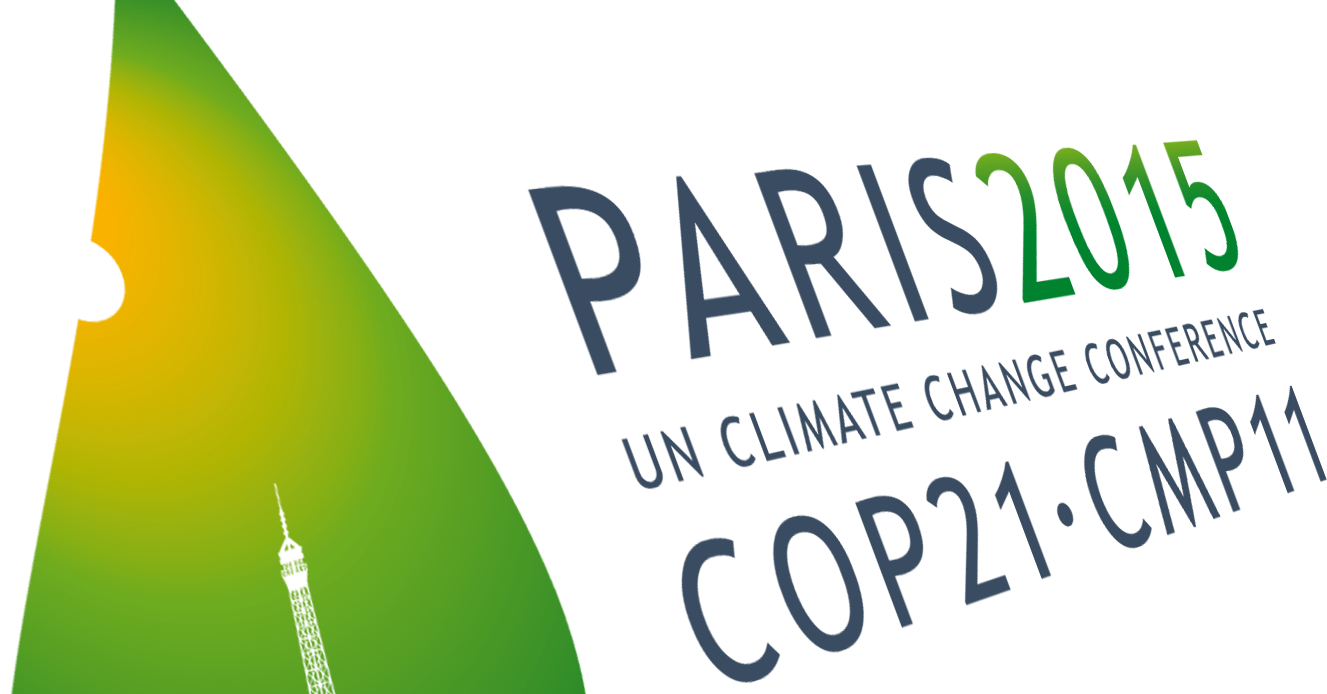By EMMA CUMMINGS-KRUEGER
For much of the environmentally conscious population at St. Lawrence, the start of the twentyfirst international Conference of Parties (COP) in Paris this Monday was a massive opportunity for global change. For others on campus, COP 21 is simply an ambiguous news headline, too technical to fully grasp.
In order to foster understanding and support for COP 21, three SLU professors hosted an informational panel on Monday evening for students and community members. Jon Rosales of Environmental Studies, Jessica Prody in Rhetoric and Communication Studies, and Daniel McLane of Sociology met in Griffiths with their presentation “[Earth].”
As Rosales explained immediately, the brackets above represent the phrasing of the COP 21 legislative documents, which utilize brackets to indicate uncertainty. Rosales noted that the majority of COP document drafts contain such ambiguities. He continued in outlining the history of annual COPs, stemming from the 1993 Earth Summit and beginning officially in 1995.
This month’s COP will run through December 11, if all goes according to plan. In the past, USA delegates have been known to walk out of international negotiations. At present, most regulations enforced by the Kyoto Protocol and COPs 17 and 19 are strictly voluntary. This year, legally binding pledge-and-review agreements are finally on the table for a new commitment period.
“Policy makers will really run this meeting,” Rosales said. Developing scientific consensus regarding climate change is “a main component of the negotiations that will happen in Paris, and it’s one that some countries and policy makers want to ignore because it’s inconvenient.”
A major roadblock in previous negotiations centered around the concept of “common but differentiated responsibilities” for developing and developed countries. Drawing this line of differentiated commitments is more than a political issue, but includes social implications, explained McLane.
“Think about context of the space between the developed and developing world,” he said. “These politics are going to be central in Paris. This helps us understand the tension moving forward in these negotiations” Factors ranging from infant mortality and natural resource use will play a role on the international stage this month.
Naturally, the socio-political atmosphere in Paris is still reeling after recent terrorist attacks. The generally activist-heavy COP is now under severe regulation encompassing public marches, protests, and demonstrations. Prody outlined the role and pathways of civilian activism at the COP 21 conference, rooted in a purpose of “wanting to impact the action of world leaders.”
“There are a variety of things that shape social movements including global goals, by state politics or national power structures,” Prody said. As Paris continues in a state of emergency, demonstrations around the globe have sprouted in support. “Marches and human chains across the world are sending the message instead,” she said.
With so many factors reaching a climax in Paris, Rosales, McLane, Prody, and environmental activists around the world will wait anxiously for a committed global change.



